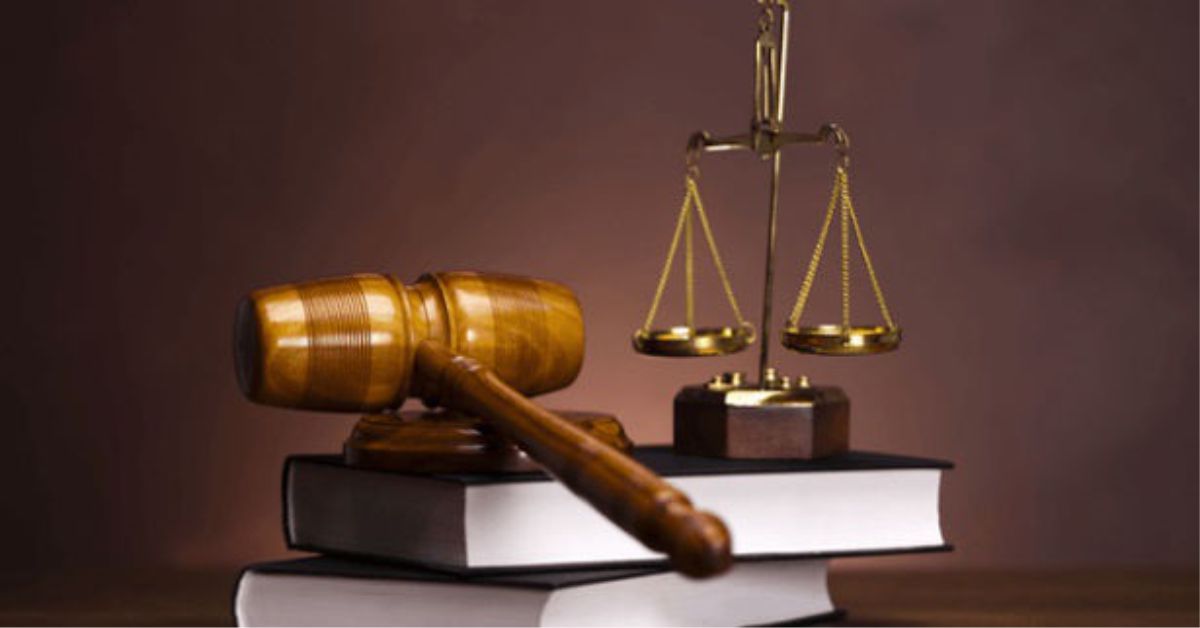Introduction: Law as the Fabric of Civilization
The law, often viewed as a rigid system of rules and punishments, is far more than a mechanism of control. It is the quiet yet powerful force that upholds order, safeguards liberty, and defines justice within society. From ancient codes inscribed on stone tablets to modern constitutional frameworks and international treaties, the law has evolved in tandem with humanity, reflecting our values, aspirations, and collective pursuit of fairness. In its purest form, law is not merely a set of mandates—it is a social contract, a moral compass, and a guardian of equity. Understanding its role today requires delving into its structure, purpose, and enduring relevance in a rapidly changing world.
The Foundations of Law: Order, Rights, and Responsibility
At its core, the law serves to regulate human behavior, resolve disputes, and protect rights. It functions as the invisible infrastructure of society—present in every interaction, transaction, and institution.
Key Functions of the Legal System
-
Maintaining Public Order: Laws set boundaries for acceptable behavior, deterring actions that threaten peace or safety.
-
Protecting Individual Rights: Constitutional and human rights laws enshrine liberties such as freedom of speech, religion, and privacy.
-
Ensuring Justice: Through courts and legal processes, individuals and entities are held accountable and grievances are addressed.
-
Facilitating Economic and Social Development: Laws underpin contracts, property rights, and corporate governance, making stable commerce and innovation possible.
Without law, societies descend into chaos; with it, they find structure, direction, and the tools to mediate the conflicts inevitable in any human community.
Types of Law: A Tapestry of Legal Disciplines
The law is not monolithic. It comprises various branches, each addressing different aspects of social, economic, and political life. From civil disputes to criminal prosecution, from international diplomacy to intellectual property, the reach of law is vast and nuanced.
Major Branches of Law
-
Criminal Law: Concerned with offenses against the state or society at large, it imposes penalties to deter and punish wrongdoing.
-
Civil Law: Addresses disputes between private parties, such as contract breaches, property disagreements, and personal injury claims.
-
Constitutional Law: Defines the structure of government and guarantees fundamental rights of individuals.
-
Administrative Law: Governs the activities of governmental agencies, ensuring they act within their legal authority.
-
International Law: Regulates relations between nations, covering treaties, trade agreements, and conflict resolution.
Each branch has its own procedures, principles, and institutions, yet all function under a shared commitment to justice and due process.
The Role of Legal Professionals: Interpreters and Advocates
Behind every law is a cadre of professionals—judges, lawyers, paralegals, scholars—who interpret, apply, and defend the legal framework. These individuals do not merely recite statutes; they act as stewards of justice, navigating complex moral and legal landscapes.
Responsibilities of Legal Practitioners
-
Advocacy: Representing clients in legal disputes and ensuring their rights are upheld
-
Advisory: Providing legal counsel to individuals, corporations, and governments
-
Interpretation: Helping courts understand ambiguous laws and apply them fairly
-
Reform and Scholarship: Shaping legal evolution through academic work, public service, or legislative lobbying
The integrity and skill of legal professionals significantly influence public trust in the legal system and the fairness of its outcomes.
The Evolution of Law in a Changing World
Law, like society itself, is never static. It must adapt to emerging realities—from technological advances to cultural shifts and environmental crises. In recent decades, legal systems worldwide have undergone significant transformations, both in scope and methodology.
Emerging Areas of Legal Focus
-
Cyber Law: Addressing online privacy, digital crime, and intellectual property in the internet age
-
Environmental Law: Tackling climate change through regulation, conservation policies, and international accords
-
Human Rights Law: Expanding protections against discrimination, injustice, and abuse across global jurisdictions
-
Artificial Intelligence and Law: Examining ethical and liability questions around algorithmic decision-making and automation
Laws that fail to evolve risk irrelevance or, worse, injustice. Legal innovation is essential for preserving justice in an increasingly complex and interconnected world.
The Law and the Citizen: Rights, Duties, and Empowerment
An effective legal system depends not only on lawmakers and enforcers, but also on the participation and awareness of its citizens. Knowing one’s rights and responsibilities is fundamental to democracy and social harmony.
Promoting Legal Literacy
-
Education: Teaching the basics of law in schools fosters informed citizenship
-
Access to Justice: Ensuring affordable legal services and simplified procedures helps protect the vulnerable
-
Civic Engagement: Voting, jury service, and peaceful protest are avenues for citizens to influence and uphold the law
A legally empowered population is less susceptible to exploitation and better equipped to hold institutions accountable.
Justice and Equity: The Moral Compass of Law
While laws are written by humans and therefore imperfect, their ultimate legitimacy lies in their alignment with moral principles. Justice must be both procedural and substantive—it must follow fair processes and lead to fair outcomes.
Challenges to Justice
-
Systemic Inequality: Socioeconomic disparities can result in unequal access to legal recourse
-
Bias and Discrimination: Even well-written laws can be applied unfairly due to prejudice
-
Corruption and Political Interference: Undermines rule of law and public confidence in institutions
Ongoing legal reform, public oversight, and a commitment to ethical governance are essential to aligning the law more closely with justice.
Conclusion: Law as a Living Legacy
Law is not merely a collection of rules bound in leather volumes or housed in government buildings—it is a living, breathing force that evolves with every case argued, every policy enacted, and every voice raised in pursuit of justice. It protects our freedoms, resolves our disputes, and defines our values. When functioning properly, the law is not an obstacle to liberty but its greatest guarantor.
As global challenges grow more intricate and societal expectations shift, the role of law becomes more vital, not less. Upholding the rule of law is not just the responsibility of judges and legislators—it is a shared civic duty. In nurturing, challenging, and respecting this silent guardian, we shape not only our legal systems, but the very soul of our societies.











